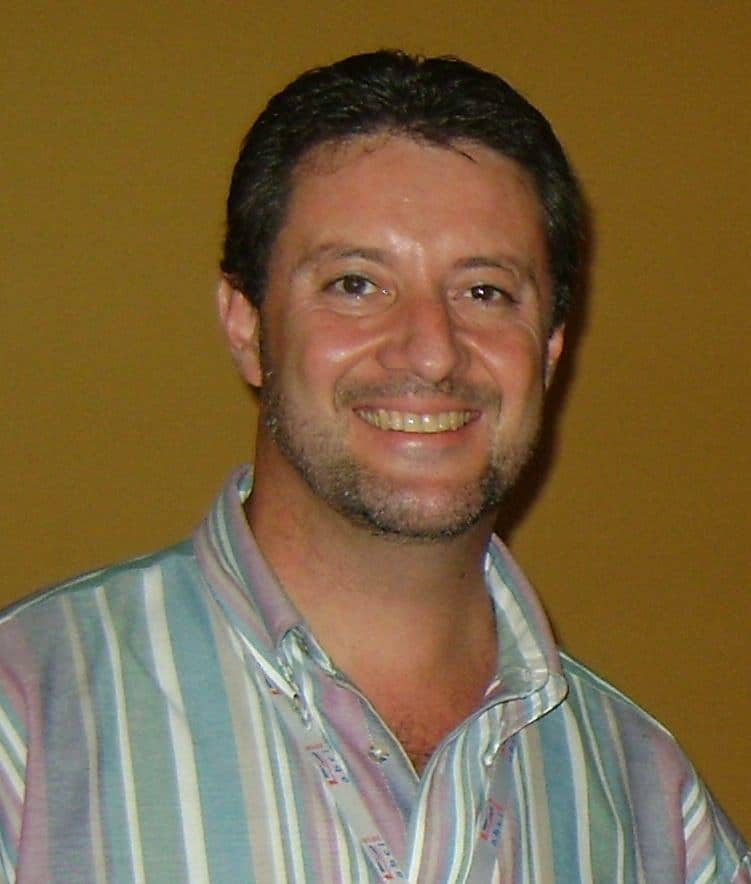Locked and Loaded But Out Of Focus
How come you can’t get your students to concentrate? That seems to be a rhetorical yet plausible question until it happens to you.
I am not sure about you but I have certainly tasted this sensation in my teaching environment, and for the record, that is not a pleasant one.
I have been around for a while and seen students losing track of my lessons due to various issues. The most common one is because of other ‘funny’ students’ attitudes in class, which may lead teachers to lose control. There is also the fact that nowadays gadgets have become an extension of students’ arms and brain. It is true that some will use them to their advantage, but it is also true that many will use them to kill time and all that. By the same token, there is the genuine tiredness which stems from students having too much on their plate at regular schools as well as what we demand from them in English classes. Tragically, this is a fact which requires many of them to become multi-tasking students or, in the least bit, learn to grapple with the situation.
It is assumed knowledge that an educator today should be aware of different learning styles. NLP (Neuro-Linguistic Programming) will elegantly provide us with the acronym VAKOG (Visual, Auditory, Kinaesthetic, Olfactory and Gustatory) to present the human sensory system and the way our mind supposedly processes and stores information. Obviously, it is unlikely that you will face a group of students who will have such different learning styles well defined. Bearing this in mind, it is important to design lessons in which the activities might cater for different learners and attend to their needs. I must say here that I have never encountered students whose learning is dictated by either Olfactory or Gustatory.
As a student, I never knew these things ever existed but I do remember using my visual and auditory channels to help me out through my learning process. For me, the lessons which involved images and listening were all the best ones because my concentration was at a high level, then memorable and productive from a learner’s point of view.
I will describe further down what I try and do in class to help students keep concentration as high as possible.
a) First and foremost, engage learners in tasks which will require some sort of critical thinking. Tell students their individual participation is extremely important to the whole group. Encourage learners to take active part in the lessons and make it clear that their contribution may come either physical by simply nodding heads or verbal by expressing their ideas.
b) Provide learners with thinking time so that they can ‘visualise’ their written or spoken responses to the tasks in class.
c) Make sure you have both verbal and non-verbal exposures. Try as much as possible to relate explanations or discussions to images. We all know that a picture is worth a thousand words. A thousand words may also be a million pictures.
d) Have at least one activity in which students have to jot down what is said, read or seen in class. I know technology moves pretty fast and what is high-tech today may not be tomorrow. However, do tell them that old inventions like paper, pencil and pens still do wonders to mankind. Plus, a little exercise for the hands is fun since they can compare their handwriting and have a laugh together.
e) Vary the way the students interact. You might want to have them discuss questions as if they were at a party or at a bus stop. This might engage kinaesthetic learners better.
To sum up, one must be sure that most learners come to class basically locked and loaded. What we need to do is find out the best way we can help them focus on their target and aim high.




